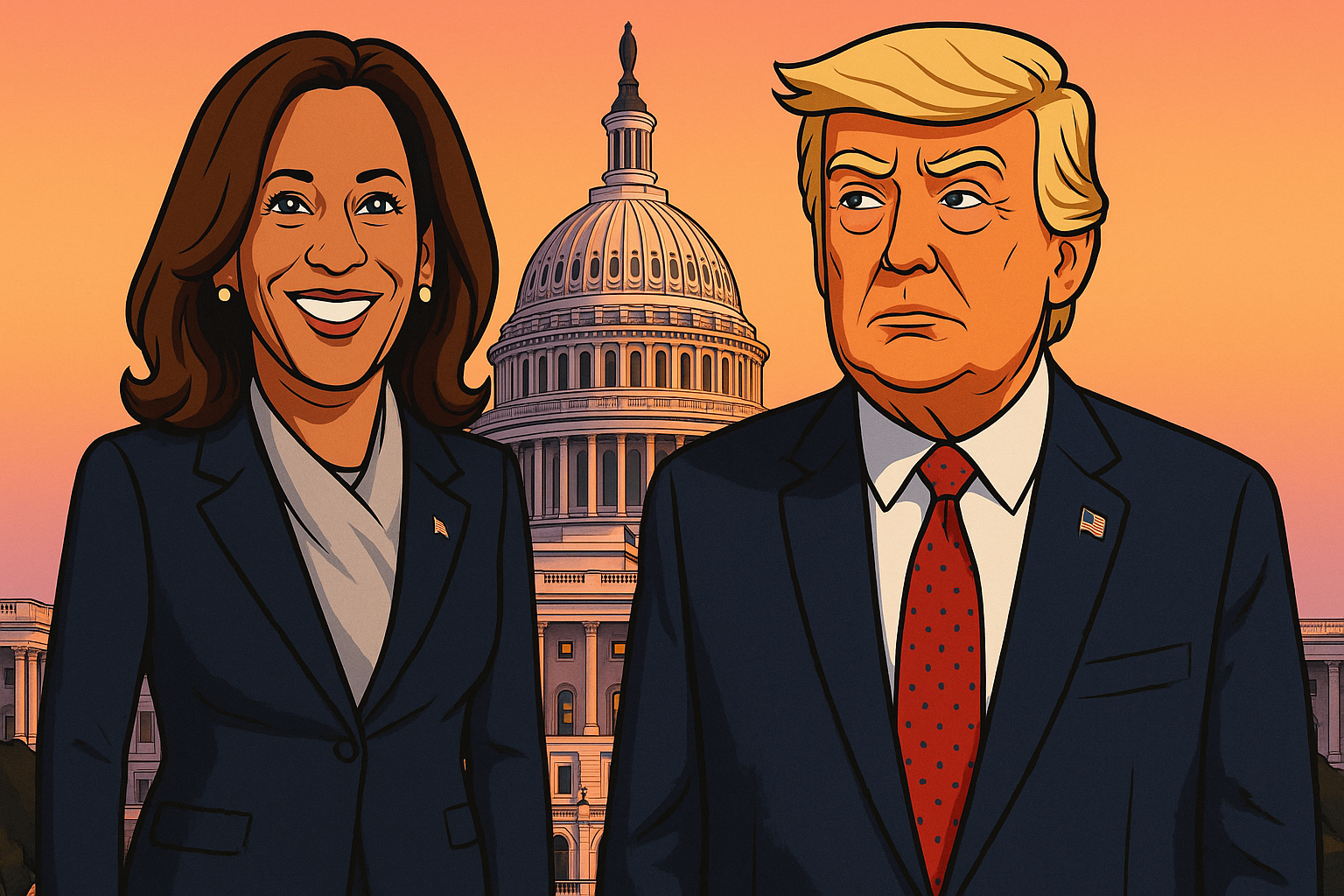Trump Ends Secret Service Protection for Former Vice President Harris
Introduction
In a surprising move, former President Donald Trump has officially ended Secret Service protection for ex-Vice President Kamala Harris. This decision has sparked widespread discussion about the implications for former government officials and the precedent it sets in US politics. This article explores the details, reasoning, and potential consequences of this decision.
What Happened?
Donald Trump, while out of office, decided to terminate the federal security detail for Kamala Harris, a move typically considered unusual in modern US politics. Former Vice Presidents are generally entitled to Secret Service protection for six months after leaving office, with extensions possible under certain circumstances.
Reasoning Behind Trump’s Decision
While no official reasoning was explicitly given by Trump, several political analysts suggest it may be part of ongoing tensions and legal disputes. Others view it as a symbolic statement reflecting partisan divides in contemporary American politics.
Reactions from Political Circles
- Democrats expressed concern over potential risks to former officials.
- Some Republican voices defended the decision as an assertion of presidential authority.
- Security experts noted that such actions could set a precedent affecting future administrations.
Implications for US Security Protocols
Ending Secret Service protection raises important questions about the security of former officials. Analysts highlight that:
- Security assessments for high-profile individuals could now be influenced by political considerations.
- The tradition of non-partisan protection for former officials could face challenges.
- This decision could influence legislative discussions on federal protection protocols.
FAQs
Q1: Do all former Vice Presidents receive Secret Service protection?
Yes, traditionally former Vice Presidents receive protection for six months after leaving office. Extended protection can be requested and granted under special circumstances.
Q2: Can Trump legally end this protection?
Yes, as President, Trump had the authority to modify or revoke Secret Service protection for former officials, though such decisions are rare.
Q3: Is Kamala Harris at risk now?
While official protections have ended, other federal and private security measures can still be arranged to ensure safety.
Q4: Could this affect future Presidents or Vice Presidents?
Potentially. This sets a political precedent that may influence how security decisions are handled for former officials.
Conclusion
Trump’s decision to end Secret Service protection for former Vice President Kamala Harris represents more than just a political statement; it reflects evolving norms in US political and security protocol. While legally permissible, the move challenges traditional expectations and underscores the increasingly partisan climate surrounding high-profile security decisions. Observers and analysts alike are watching closely to see how this may influence future policies, debates, and security practices for government officials.


0 comments